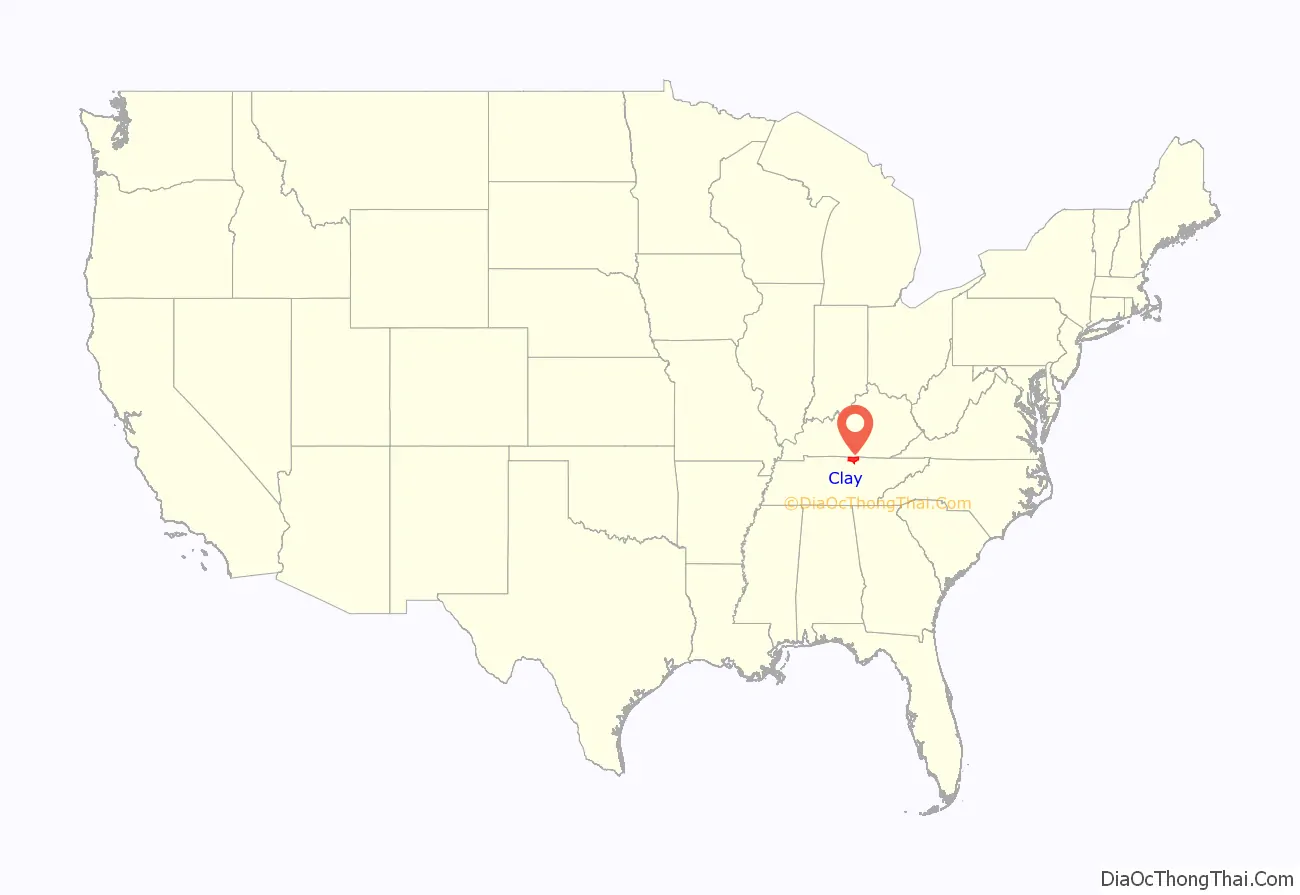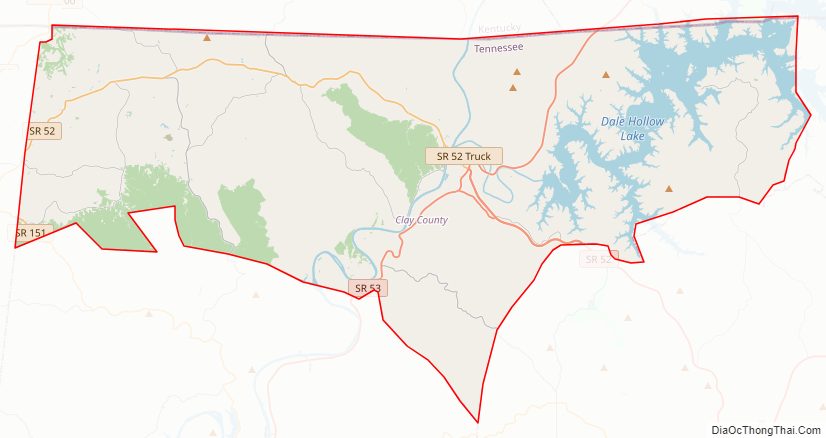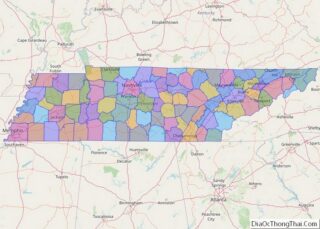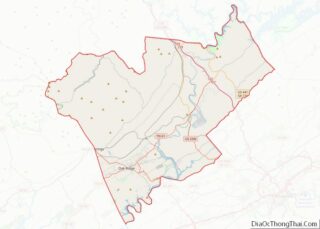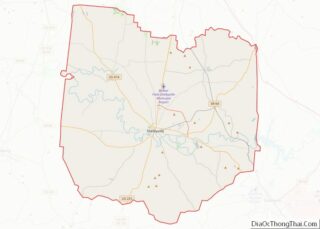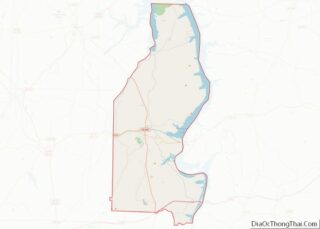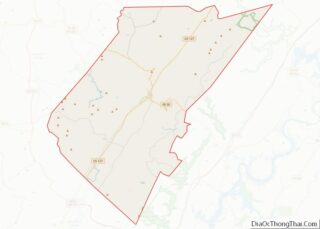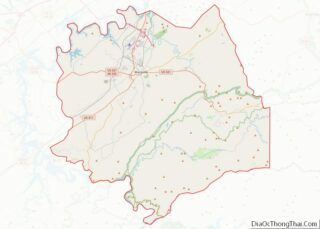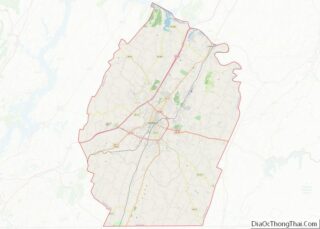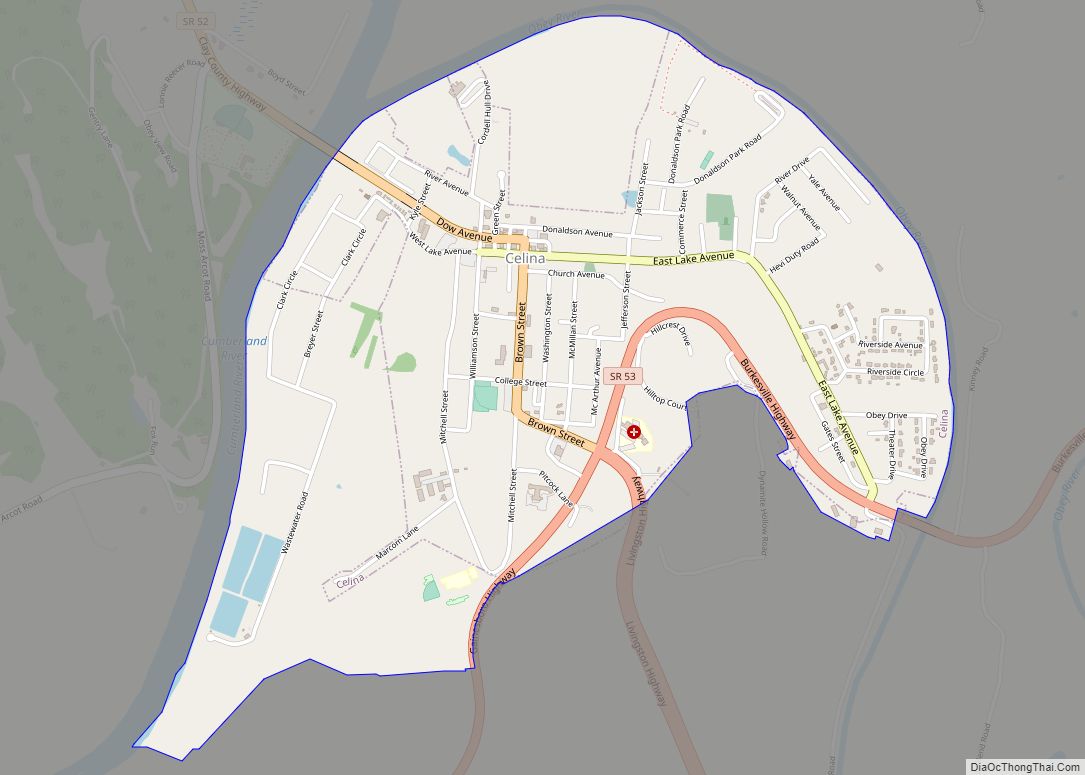Clay County is a county in the U.S. state of Tennessee. As of the 2020 census, the population was 7,581. Its county seat and only incorporated city is Celina. Clay County is named in honor of American statesman Henry Clay, member of the United States Senate from Kentucky and United States Secretary of State in the 19th century.
| Name: | Clay County |
|---|---|
| FIPS code: | 47-027 |
| State: | Tennessee |
| Founded: | 1870 |
| Named for: | Henry Clay |
| Seat: | Celina |
| Largest city: | Celina |
| Total Area: | 259 sq mi (670 km²) |
| Land Area: | 237 sq mi (610 km²) |
| Total Population: | 7,581 |
| Population Density: | 33/sq mi (13/km²) |
| Time zone: | UTC−6 (Central) |
| Summer Time Zone (DST): | UTC−5 (CDT) |
| Website: | dalehollowlake.org |
Clay County location map. Where is Clay County?
History
Clay County was formed in 1870 by combining pieces from surrounding Jackson and Overton counties. Secretary of State Cordell Hull’s first law office (now a museum) was located in Clay County.
Clay County’s early inhabitants farmed and worked the Cumberland River, which was the major method of transportation in the Cumberland area. There were many docks and ferry crossings throughout Clay County to transport local crops and livestock to major markets. The timber industry was a major employer throughout the 1800s and 1900s and provides many jobs today. Tobacco farming became important in the local area throughout the 1900s and many old tobacco barns are still standing. With the end of government subsidies and with foreign competition, tobacco farming is minimal. Cattle, poultry, and corn are the major agricultural influences today. Clay County is one of the top poultry-producing counties in Tennessee.
During the Civil War, many skirmishes took place up and down the Cumberland River to control the movement of barges laden with supplies. Local communities were split in their loyalties, with many families at odds with each other. Some of these animosities remain today between family groups.
The city of Celina is at the junction of the Obey and Cumberland rivers, and it was a major port during the steamboat years between Nashville and Burnside, Kentucky. Although the Celina ferry landing no longer exists, Celina still connects the north and south by highway. Butler’s Landing was used as a storage depot with large warehouses owned and operated by the Butler family. The first Clay County Court meeting was held in a store near the river at Butler’s Landing on March 6, 1871. Butler’s Landing nearly became the county seat, but Celina won the vote by a narrow margin.
Clay County’s rural location has restricted development and attraction of business and industry. This has resulted in the county having one of the highest unemployment rates annually in the state of Tennessee. The lack of jobs often results in the loss of educated young people who have limited opportunities locally. SR 52 has been upgraded to a 4-lane divided highway as part of the Corridor J project, which connects to I-40 in Cookeville, and work continues on developing a new industrial park within the Celina city limits. It is hoped this industrial park will help attract more jobs to the county..
Clay County Road Map
Geography
According to the U.S. Census Bureau, the county has a total area of 259 square miles (670 km), of which 237 square miles (610 km) is land and 23 square miles (60 km) (8.8%) is water. The Cumberland River flows through the center of the county from north to south, fed by the Obey River which flows through the city of Celina from its impoundment at Dale Hollow Lake, inundates much of the eastern part of the county.
Adjacent counties
- Monroe County, Kentucky (north)
- Cumberland County, Kentucky (northeast)
- Clinton County, Kentucky (northeast)
- Pickett County (east)
- Overton County (southeast)
- Jackson County (south)
- Macon County (west)
State protected areas
- Standing Stone State Forest (part)
Highways
- SR 51
- SR 52
- SR 53
- SR 135
- SR 292
- SR 294
